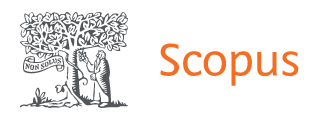About the Journal
The 4th International Conference of SDGs and Bibliometric Studies (ICoSBi) 2026, themed “Impact of SDGs Research on Future Sustainability: Trends, Networks, and Global Collaboration,” is a significant international gathering dedicated to advancing research, innovation, and global collaboration in support of future sustainability. This conference serves as a strategic platform for policymakers, researchers, practitioners, and community stakeholders to collaboratively explore emerging research trends, strengthen international networks, and foster impactful partnerships aligned with the Sustainable Development Goals (SDGs).
The conference’s core scope delves deeply into the multifaceted challenges and opportunities within three primary areas: (1) Earth and Environmental Sciences; (2) Engineering and Technology; and (3) Life Sciences. In addition to these core areas, the conference will also feature sessions on bibliometric studies related to each SDG, offering data-driven analyses of research trends, citation networks, collaboration patterns, and global knowledge mapping to better understand the impact of SDGs research on future sustainability.
ICoSBi 2026 aims to act as a catalyst for international collaboration by promoting cross-sector partnerships and strengthening global research networks that contribute to sustainable futures. The dissemination and accessibility of university research on transformative technologies, environmental resilience, social innovation, and sustainable development remain central to this mission. Through scientific discussions, program exchanges, and the publication of research results directly connected to SDGs research impact, ICoSBi 2026 encourages higher education institutions and research communities to enhance their global engagement and contribute meaningfully to long-term sustainability through evidence-based research and collaborative innovation.





